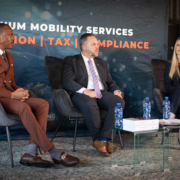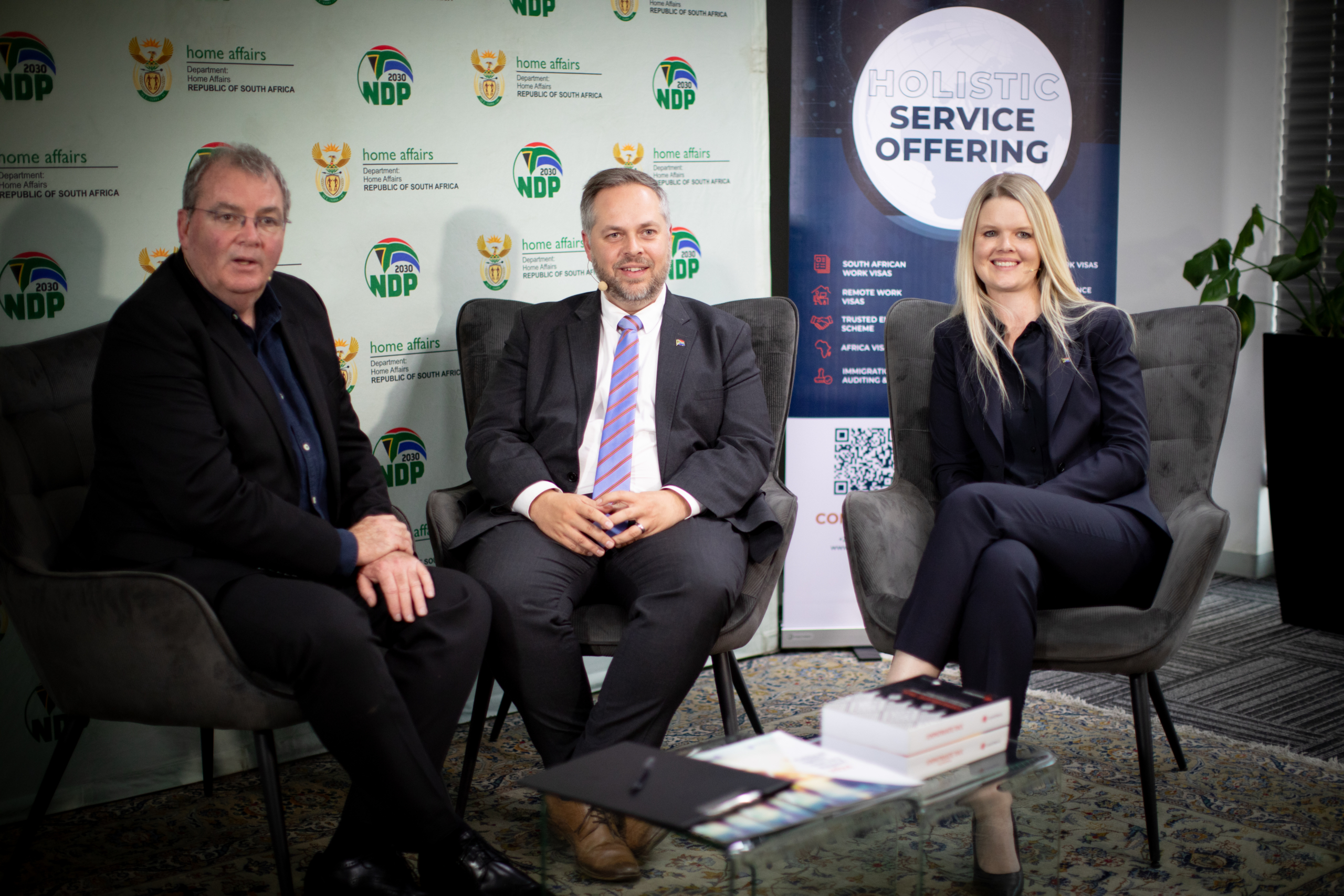Mauritius is Very Attractive for South African and French Nationals
/in 2024, News, Visa Category /by xp-adminThe success of this recipe is evident from similar initiatives by the United States, Canada, France, Portugal, Spain, Netherland, the UAE, New Zealand and Australia, to name a few. Where you “tick the right boxes”, the red carpet is rolled out. The benefits of Mauritius are easy to understand, even more so with its proximity to South Africa and for those with continued African continent interests. The very low tax makes it a computational no-brainer. However, this does not come at the expense of service delivery. The environment is personally safe, there is no load shedding, no National Health Insurance, but excellent medical care.

The Mauritius Minister of Finance, Dr. The Honourable Renganaden Padayachy;
with Ms Aditi Boolell of Boolell Advisory Mauritius and Mr Jerry Botha,
Managing Partner of Tax Consulting South Africa; 19 August 2024
There are about 10,000 South Africans in Mauritius, according to the South African High Commissioner to Mauritius, Her Excellency Dr. Manzini. This makes South Africans the second largest foreign expat population, after French Nationals which are the largest. The benefits for both South African and French nationals are typically the quality of life and a very favourable tax regime.
The Mauritius taxes allow you to not only create real wealth, but also grow your wealth and even pass it on without government taxing most of it. The top individual tax rate is 20% (South Africa is 45%), there are no capital gains tax (South Africa to 18%), no estate duty (South Africa to 25%), corporate tax is up to 15% (South Africa 27%) and no Mauritius tax on dividends (South Africa is 20%). This is a simple mathematical exercise why in South Africa it is tough to get ahead, even before the South African promotors of National Health Insurance reveal how their plans will be funded.
In South African news we hear about critically skilled foreigners and investors being kept out or uncertain with a current 150,000 visa backlog. The new Minister of Home Affairs, Dr Leon Schreiber, is someone who speaks a language which business understands and appears fully committed to Home Affairs despite its funding, corruption and porous border challenges. But will he be supported by the rest of the South African Government? In Mauritius, a long-term visa application takes only a month where you make use of a competent advisor. You do not need to buy a property to acquire a right to stay long-term in Mauritius and the system is holistically welcoming, as it is supposed to be.
An interesting fact about Mauritius is that unemployment is less than 6% and that excludes the informal sector which makes the effective unemployment rate even lower. Even in low unemployment, Dr. The Hon Padayachy sees not only a risk to economic growth, but also opportunity. Mauritius must attract more skilled foreigners, entrepreneurs and foreign capital – people and industry make the whole economy grow.
Interestingly, this is also identified by the South African Home Affairs Minister Dr. Schreiber, who says that increasing South African critical skill immigrants from the current 4,000 visas approved per year to 11,000 per year; will nearly quadruple the South African economic growth rate.
In an increased global troubled world, which is simply unaffordable for most South Africans, the Mauritius option is increasingly making sense.









